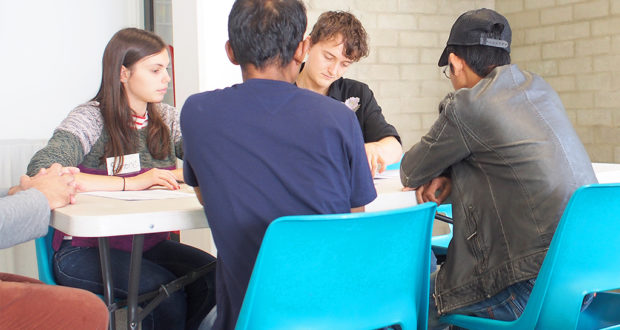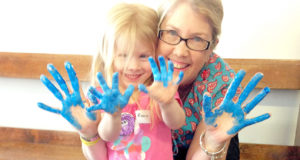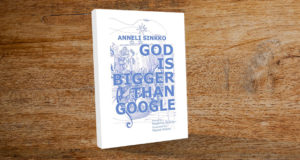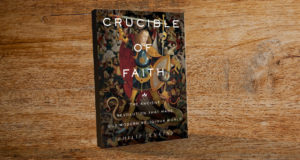Imagine filling out the most important form of your life in a language not your own, knowing that time is running out and a mistake may end in deportation. Dianne Jensen visits Indooroopilly Uniting Church where people seeking asylum are being given a warm welcome and a helping hand.
Immigration Minister Peter Dutton’s announcement in late May that asylum seekers living in Australia have until 1 October 2017 to lodge an application for protection, or face loss of government payments and deportation, has created a deadline that many applicants will struggle to meet without assistance.
Malcolm Dunning and Brigid Limerick helped set up the Indooroopilly visa application clinic in mid-2015 as an extension of the church’s ministry to people seeking asylum and refugees. Law students, paralegals, professionals, retirees and others from across Brisbane have joined church volunteers to serve up to 25 clients at drop-in clinics on Thursday and Saturday afternoons.
“The federal government passed legislation in 2014 to re-introduce temporary protection visas for asylum seekers who came by boat, and there were around 3000 people around Brisbane waiting sometimes for three or more years to be able to apply,” says Malcolm. “Those we’re seeing here can’t afford an agent or lawyer for various reasons—people who have funds we try to point towards paid migration agents or lawyers.”
Recent Synod funds via Bremer Brisbane Presbytery have helped provide temporary administrative support. The clinic works closely with the Refugee and Immigration Legal Service (RAILS) and Salvos Legal Humanitarian.
“We assist clients with the clerical job of filling in a 40-page application in English. It’s not difficult if you have the information—the hard part is that it asks you to remember home addresses in the last 30 years, where and when you’ve been employed since birth, all educational locations—those sorts of questions which you and I would struggle with,” says Malcolm.
Indooroopilly is also a hub for the distribution of food, food vouchers and public transport cards donated by the church and community. It’s a place of hospitality, where all are welcome.
“The point that everyone makes about the clinic is the warmth and the heart, and I think that’s because the people who come to help, the volunteers, are absolutely lovely, and the people in the kitchen do a fantastic job of serving and making people feel wanted. I think the people seeking asylum really feel loved and cared for,” says Brigid.
“The more I read and study the Bible the more convinced I am that this is core business. I think that Jesus’ commandments are really quite straightforward about loving your neighbour and doing social justice—producing Heaven now, not later.”
 JourneyOnline
JourneyOnline







